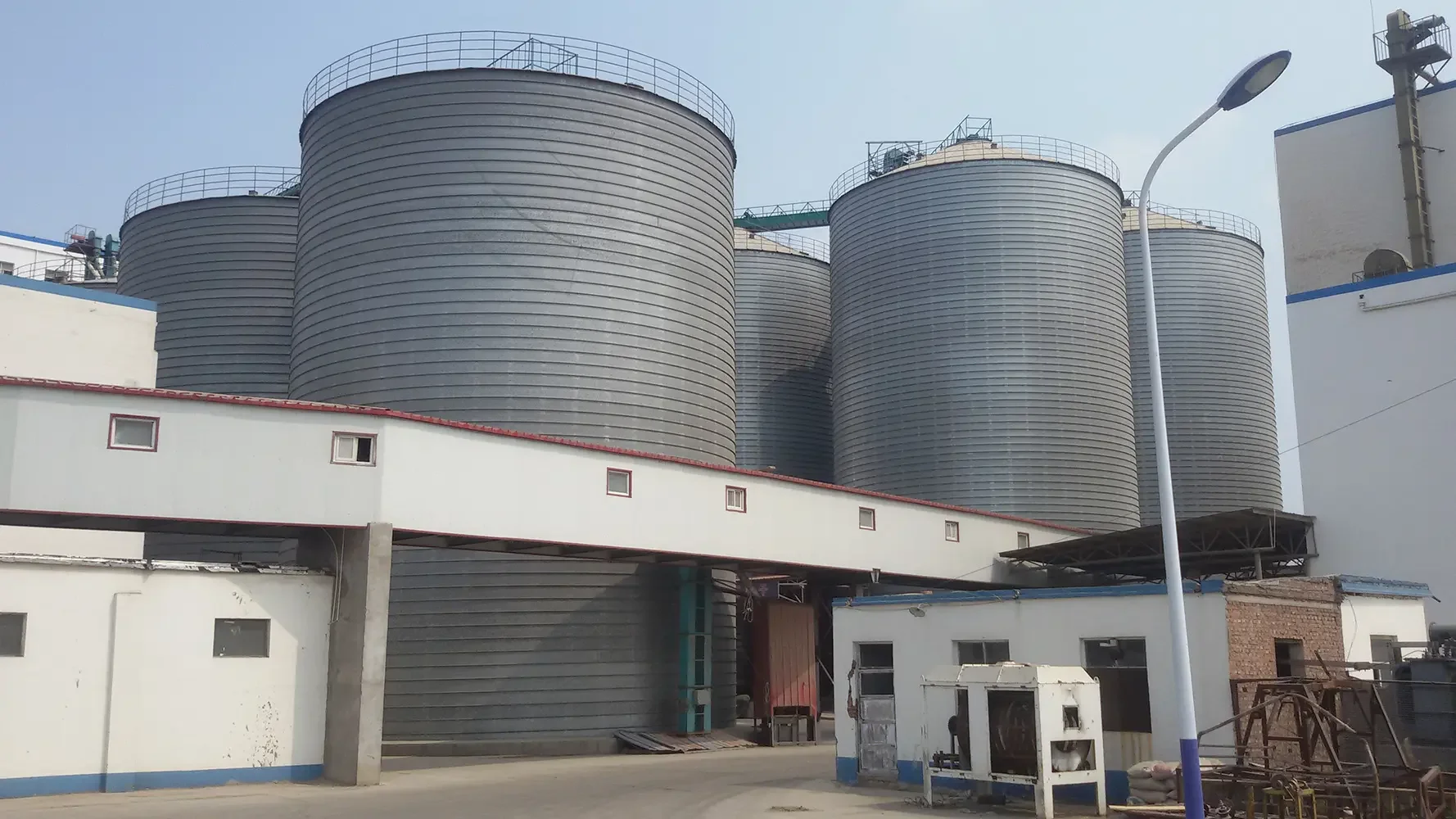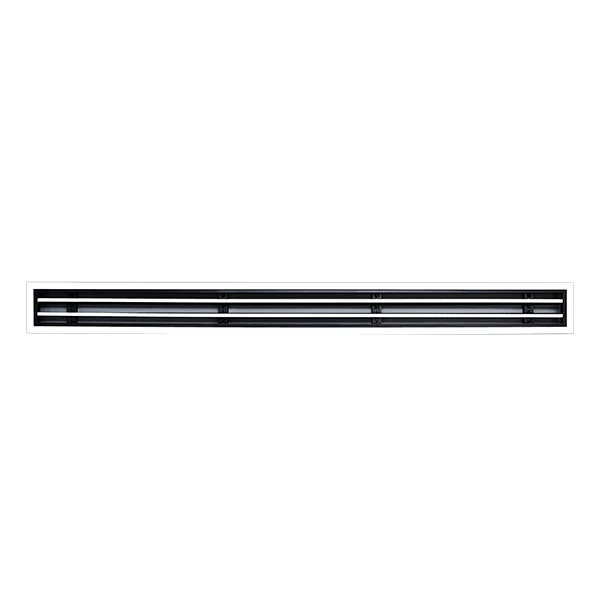https://www.nbhelipump.com/Carbon-dioxide-injection-pump-related-knowledge.html
High-Pressure CO2 Pumps for Production Enhancement
Optimal Reservoir Performance
Carbon dioxide injection pumps play a key role in enhancing oil and gas production. These pumps are specifically designed to handle high-pressure CO2 injection, ensuring optimal reservoir performance and output. By injecting carbon dioxide into the reservoir, these pumps facilitate enhanced oil recovery (EOR) by reducing the viscosity of the crude oil, thus making it easier to extract.
These high-pressure CO2 pumps are crucial in maintaining efficient operations within the oil and gas industry. They enable operators to inject carbon dioxide directly into the well at pressures necessary for effective EOR techniques. The ability of these pumps to handle high-pressure CO2 injection is vital for achieving maximum reservoir productivity.
Corrosion Resistance
The pump packages used for carbon dioxide injection must be able to withstand the corrosive nature of carbon dioxide. Since exposure to this gas can lead to corrosion, it is essential that all components such as valves and piping are resistant to its effects. Specialized materials like stainless steel are commonly utilized due to their resistance against corrosion caused by carbon dioxide.
These pumps often incorporate advanced valve systems that can effectively control the flow of carbon dioxide while preventing leaks or damage from corrosion over time. This ensures long-term reliability and safety when handling high-pressure CO2 injections.
Functionality and Design of CO2 Liquid Pumps
Precision Injection
Liquid carbon dioxide injection pumps are meticulously designed to handle the unique properties of CO2 effectively. Their functionality is tailored for precise injection control, ensuring that the liquid carbon dioxide is pumped accurately and consistently into the desired location. This precision is crucial in various industries, including oil extraction and beverage carbonation.
These pumps are engineered to maintain a high level of accuracy when injecting liquid carbon dioxide into specific systems or processes. For instance, in enhanced oil recovery (EOR) operations, where CO2 is injected into reservoirs to improve crude oil production, these pumps play a critical role in delivering the exact amount of CO2 required for optimal results. The ability to precisely control the injection rate ensures that the process achieves its intended objectives without wastage or inefficiency.
In applications such as beverage carbonation, where CO2 is injected into drinks to create effervescence, these pumps enable manufacturers to maintain consistency in product quality by delivering accurate amounts of CO2 into each batch. This precision helps ensure uniform taste and texture across all products.
Reliability and Consistency
One key feature of liquid carbon dioxide injection pumps is their reliability. These specialized pumps are built to withstand the unique challenges posed by handling liquid CO2, which requires careful attention due to its properties at different pressures and temperatures. The design incorporates robust materials and components that can endure these conditions while maintaining consistent performance over extended periods.
The reliability factor also extends to operational consistency. Liquid carbon dioxide pump designs prioritize stable pumping operations regardless of external factors such as temperature variations or pressure fluctuations within the system being serviced. This capability ensures that industrial processes relying on injected CO2 can operate smoothly without interruptions caused by inconsistent pumping behavior.
These pumps often come with advanced monitoring and safety features that further enhance their reliability during operation. These include real-time feedback mechanisms for pressure control and leak detection systems that contribute to safe handling of liquefied carbon dioxide, reducing potential risks associated with its use in various applications.
Ground Support Equipment in Gas Operations
Importance of Ground Support Equipment
Ground support equipment, such as the carbon dioxide injection pump, plays a vital role in supporting gas production activities. These pumps are integral to the overall safety and efficiency of gas operations. They work alongside other essential equipment like compressors and related infrastructure to ensure seamless functioning.
Gas production facilities rely on carbon dioxide injection pumps to maintain optimal pressure levels within their systems. By doing so, these pumps contribute significantly to the safe extraction and transportation of natural gas. Moreover, they enhance operational efficiency by facilitating the smooth flow of gases through pipelines.
Enhancing Safety and Efficiency
The use of carbon dioxide injection pumps is crucial for ensuring that gas operations meet stringent safety standards. These pumps enable precise control over pressure levels during various stages of production, preventing potential hazards associated with excessive or insufficient pressure.
Furthermore, these pumps aid in maintaining consistent performance across different phases of gas operations, which is essential for meeting customer demands efficiently. For instance, when testing new wells or conducting routine maintenance checks, these pumps play a critical role in maintaining stable operating conditions.


More Stories
What Is Multistage Centrifugal Pump and How Does It Work
Large Steel Silos for Grain Storage in Global Supply Chains
Thermal Interface Material Applications in High-Performance Server Chips: Overcoming Material Obstacles for Kilowatt-Level Heat Flux